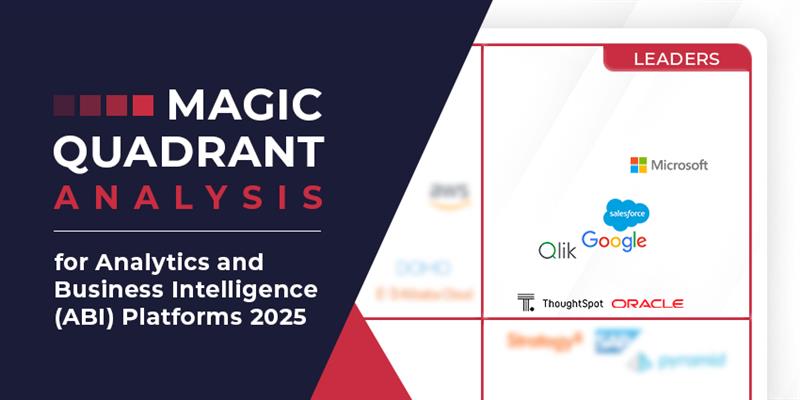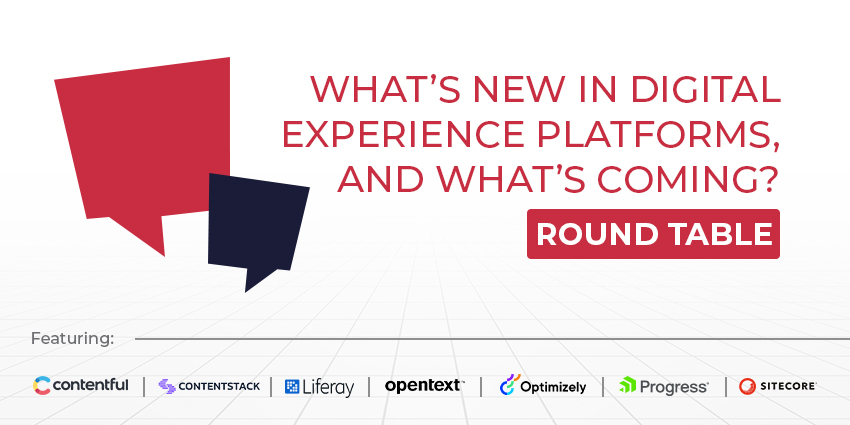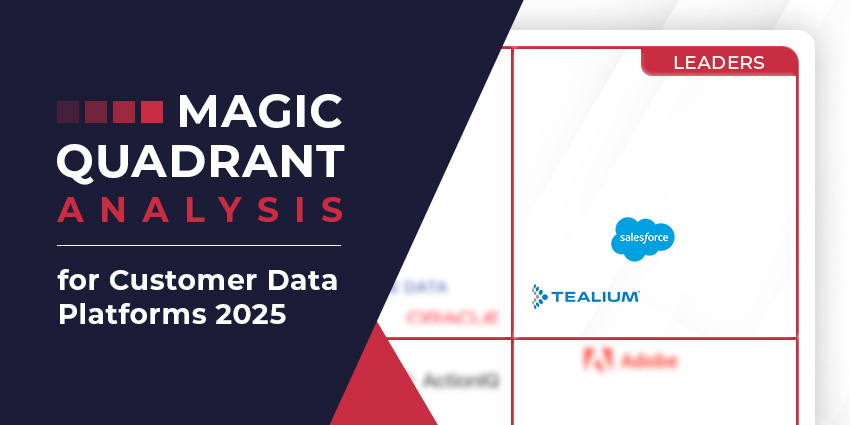Conversation intelligence software is taking the contact center landscape by storm.
We live in a world where the voice of the customer and consumer data are crucial to business success. As expectations in the CX world continue to evolve, companies must collect as many insights as possible to ensure they can compete.
Conversations with prospects and customers represent an excellent source of insights. These discussions help companies to pinpoint customer pain points, goals, and opportunities. 89% of marketers even say intelligence from phone calls is crucial to staying competitive.
However, the valuable information revealed in a conversation is often lost after a call ends. Agents don’t always take the most effective notes, and scouring through recordings for precise insights takes time and resources. That’s where conversation intelligence software comes in.
What is Conversation Intelligence Software?
Conversation intelligence is a broad concept. It refers to finding valuable, actionable business insights hidden within the conversations teams have with customers and prospects.
Conversation intelligence software gives companies the tools to record, transcribe, and analyze calls and conversations. Many of these solutions initially focused on surfacing insights from audio calls with sales teams and service reps.
However, as the number of channels customers use to connect with companies has increased in recent years, the conversational intelligence software market has evolved. Some of the most advanced tools can provide analytical insights across various channels.
These tools can capture data from video conferences, messaging apps, and voice calls to create a more unified view of the customer journey. Using conversational intelligence software, companies can analyze conversations, track customer sentiment, and discover new growth opportunities.
How Does Conversation Intelligence Software Work?
According to Gartner, only 14% of companies have a full 360-degree view of their customers. A common reason is that brands simply aren’t capturing the correct information. Conversation intelligence software allows companies to capture behind-the-scenes insights from each discussion.
Some solutions are offered as a standalone service that integrates with companies’ existing communication platforms. Others are delivered as part of a comprehensive CCaaS and CX platform. For instance, companies like NICE and Dialpad bake conversation intelligence into their contact center toolkits.
Most solutions feature a combination of call recording, transcription, and translation tools, enhanced by conversational AI solutions. These tools use automatic speech recognition, natural language processing, and live sentiment analysis to unlock insights from each conversation.
They can often integrate with the data-driven tools companies already use to power the customer experience. For instance, a conversational intelligence system might integrate with a company’s CRM or CDP to make recording and analyzing data easier.
Intelligence software converts data into meaningful insights after collecting and processing information from calls and conversations. This could come in real-time dashboards for monitoring sentiment and agent performance or historical graphs and analytics.
What is Conversation Intelligence Software Used For?
Conversation intelligence software has become a valuable tool in virtually every business environment. Companies use it to evaluate and understand market trends, track customer journeys, and understand consumer pain points.
Collecting conversation data can support sales, marketing, and customer support teams.
Marketing teams can collect insights from customer interactions with sales reps and service agents. This gives them the wisdom to tailor their marketing campaigns and messages to customer interests. Marketers can even use conversational intelligence to plan advertising and promotional campaigns based on customer sentiment and feedback.
In the customer experience landscape, conversation intelligence software provides a direct insight into the voice of the customer. Intelligent tools can allow teams to track customer sentiment in real-time so that they can adapt their service strategy accordingly.
AI bots and virtual assistants powered by conversation intelligence software can provide guidance and support to service teams, using keywords spoken to surface valuable information in screen pops. Conversational intelligence can even be used to create powerful self-service bots for customers.
Conversational intelligence software provides behind-the-scene insight into the factors that drive the purchasing journey in the sales market. Reps can use insights to determine the best time to upsell, cross-sell a customer, or reach out with an offer.
Sales teams can also use conversation intelligence to help segment customers and create personalized deals tailored to each group’s needs.
The Benefits of Conversation Intelligence Software
Customer conversations are the richest source of insights for sales, marketing, and service leaders. But manually sourcing insights is a time-consuming and complex process. Conversation intelligence software helps to drive measurable business results by making it easier to unlock insights.
With conversation intelligence software, companies can:
1. Collect valuable, authentic insights
Contact center managers and business leaders constantly monitor KPIs and metrics to help boost their performance. While quantitative statistics like call handling times and average call waiting time can be helpful, it’s also useful to dive into the qualitative data.
Conversation intelligence software allows companies to dive into the intent, sentiment, and guiding elements behind what customers say. They can monitor conversations in virtually any channel and use words, tone, and dialect to unlock insights.
Conversational intelligence tracks what customers say, think, and feel to help companies improve their products, services, and sales strategies.
2. Improve productivity and efficiency
CI software can work automatically behind the scenes. It captures information in real-time, reducing the strain on team members to collect data and make notes. With conversation intelligence software, companies can automatically create summaries, action items, and notes for their agents.
The right tools can transform complex transcripts into easy-to-follow snippets of text, which help businesses rapidly identify customer pain points and issues. These AI solutions can notify business leaders and teams about changing customer trends.
Conversation intelligence solutions can keep team members on track during calls, with virtual assistants offering real-time coaching, next-best-action guidance, and support. Some tools can even surface historical information during a call or discussion.
3. Preserve Compliance
Conversation intelligence solutions are excellent at rapidly recognizing keywords and phrases in a discussion. This makes them perfect for improving compliance in the contact center environment. Companies can use tools to track non-compliance instances during conversations.
For instance, a solution could track whether an agent reads a statement related to GDPR before collecting personal information from a customer. AI tools can automatically remind agents to issue notifications or alert supervisors when they don’t.
By creating simple summaries and transcriptions, these tools also make it easier for companies to search through content for compliance issues during auditing sessions.
4. Enhance customer support
Conversation intelligence software doesn’t just provide a behind-the-scenes view into customer intent and sentiment. It can also track trends and patterns in the customer journey.
With the right tools to help companies discover common customer pain points, purchase cycle friction, and consumer goals, teams can develop a more compelling customer journey map. Business leaders can determine how to structure conversations to drive better outcomes.
It’s even possible to use the data gathered from conversation intelligence software to build more effective self-service tools. Intelligent IVR systems, chatbots powered by generative AI, and virtual assistants can all be enhanced with the data teams collect.
5. Improve employee training
One of the reasons conversational intelligence software is becoming so popular in the modern world is that it can help to enhance agent and rep training. AI solutions can capture information from every conversation in the business landscape and determine “best action” strategies for different use cases.
This can lead to better training opportunities for customer service reps, who might need help navigating complex problems with customers. It can also empower companies to create more efficient sales professionals with step-by-step coaching and guidance for closing deals.
Some conversation intelligence tools, such as the Zoom AI toolkit, can even provide directions to sales reps in the moment. They use historical and real-time data to help guide conversations to their most valuable conclusion.
Examples of Conversation Intelligence Software
Conversation intelligence software is a growing landscape with various tools. The best conversation intelligence software for any business will depend on the goals they want to accomplish. For instance, in the customer experience landscape, solutions include:
- CallMiner: CallMiner’s collection of conversational analytics and intelligence tools help companies to automatically score and transcribe conversations from chat, email, and more. The toolkit provides valuable insights into every discussion with automated metrics.
- Verint: Verint’s speech analytical tools come built into its contact center platform, helping companies to categorize and learn from calls. The solution can even score customers “at risk” in the purchasing cycle, reducing the risk of churn.
- NICE: NICE combines real-time speech analytics, transcription, and recording tools with innovative new solutions in generative AI. Companies can use behind-the-scenes insights into sentiment analysis, real-time agent coaching, and more.
- ai: The Observe.ai agent enablement platform is powered by voice AI, helping companies to analyze calls, evaluate agents, and coach teams. It also ensures you can maintain complete visibility into the entire customer journey.
- Dialpad: Dialpad’s AI-powered UC and contact center tools come with artificial intelligence built-in. They offer real-time coaching, transcription, recording solutions for every channel, and automated analytics and dashboards.
Other companies focus on the sales and marketing landscape. For instance, HubSpot offers promotional teams a comprehensive marketing conversation intelligence toolkit. Elsewhere, Zoom has recently begun updating its Sales IQ ecosystem with more conversation intelligence solutions, generative AI, and automation.
What’s Next for Conversation Intelligence Software?
The demand for unique, personalized, and convenient customer experiences isn’t going anywhere. To continue delighting their target audience, companies need to be able to listen to their audience.
The market for conversation intelligence software is growing at an incredible rate and is set to reach $46.8 billion by 2033. Innovations in natural language processing, understanding, and automated analytics drive the space forward.
At the same time, new transformations in the AI landscape are opening the door to enhanced opportunities for conversation intelligence software.
The rise of generative AI solutions like ChatGPT in the contact center could lead to new ways for companies to collect and use data harnessed from discussions. With the proper toolkits, companies could soon combine conversation intelligence and generative AI to create unique and personalized customer interactions across every channel.
Conversation intelligence software represents a powerful solution for businesses from all industries and environments. After all, the best way to delight your customers is to listen to them first.








